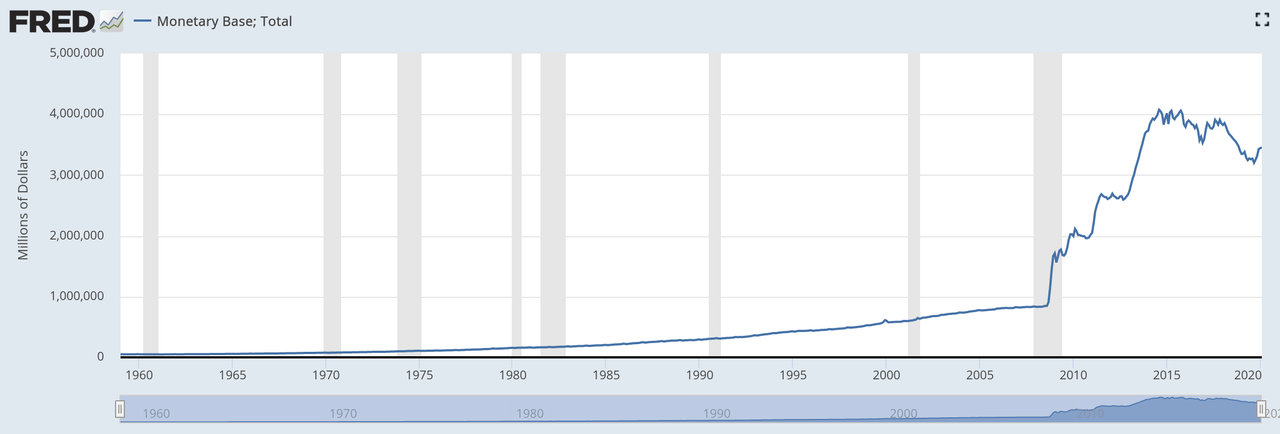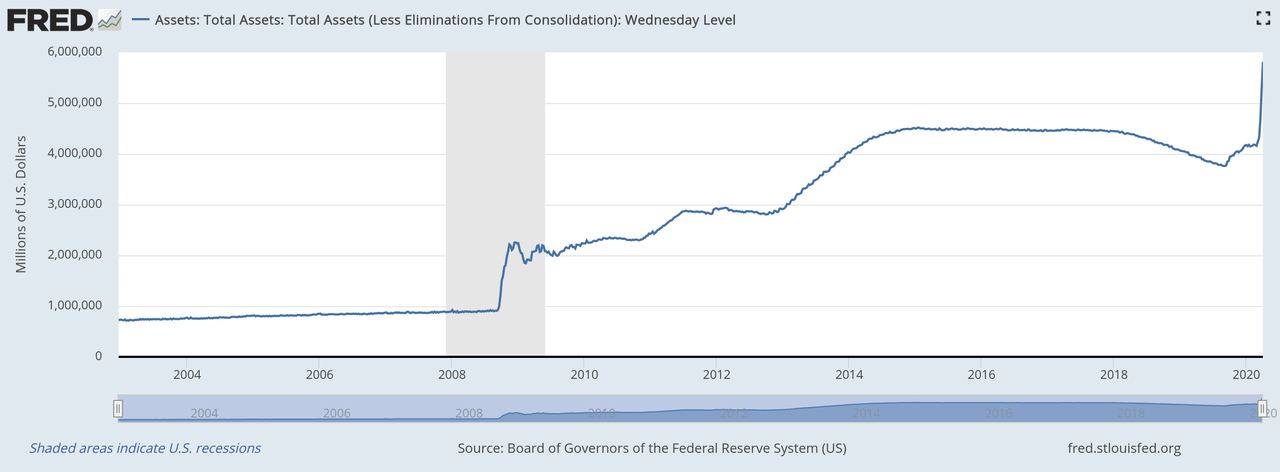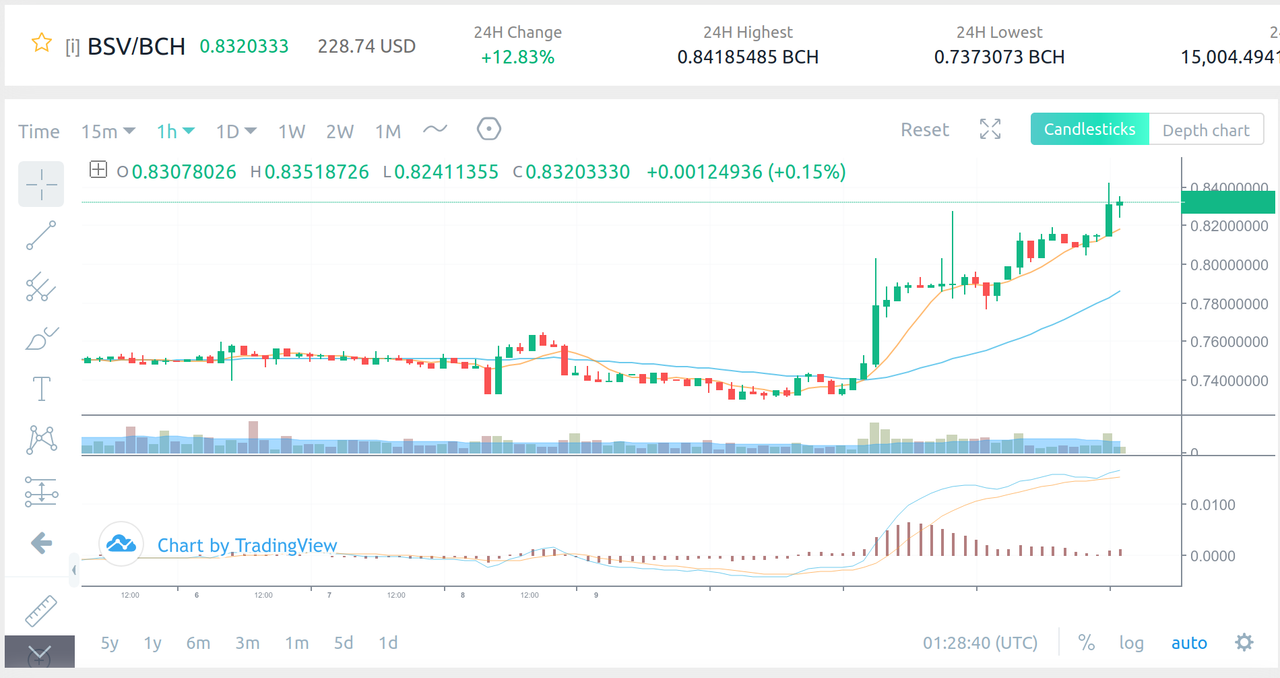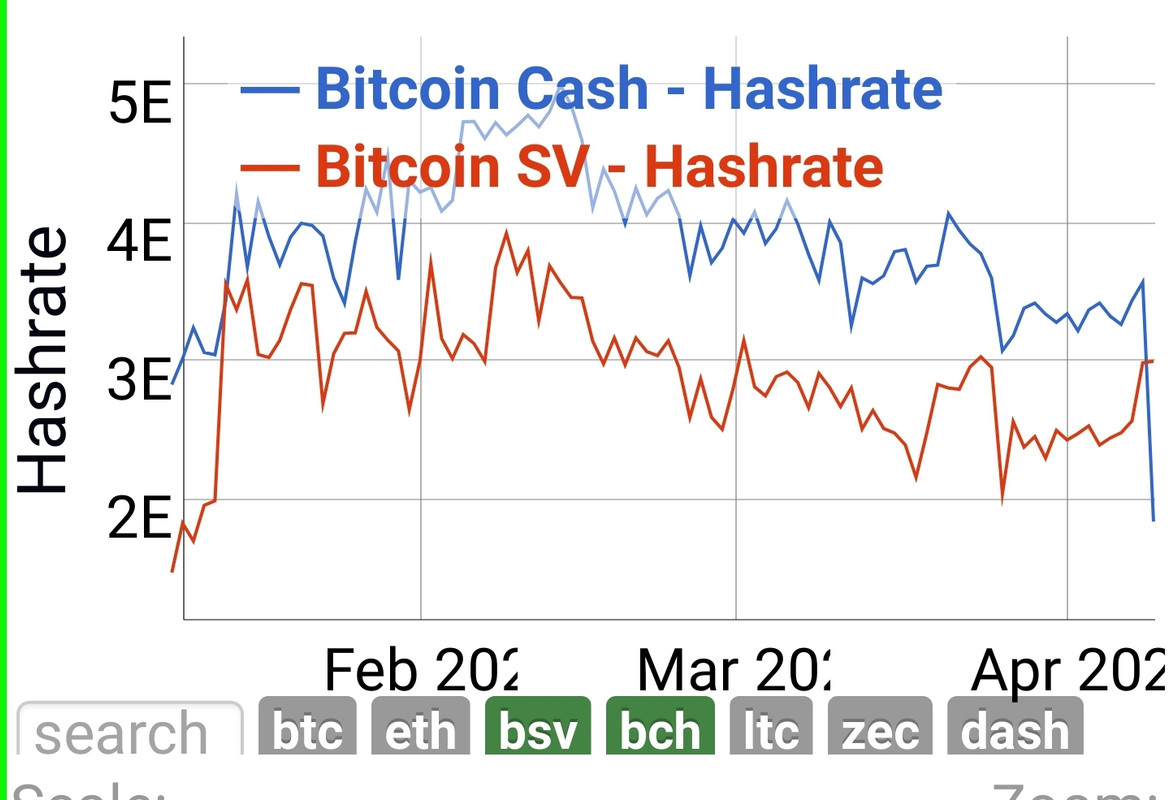79b79aa8
Well-Known Member
i don't know that we would necessarily be in a better place. bad ideas need to die somehow.Where would we be now if those N.Corean dimwits hadn't interfered ?
even with big blockists, there were at least two major camps which resulted in two very different visions -- and in retrospect, agreement between them was never in the offing. BCH devs still aren't convinced that the strategy is not to alter the protocol to look for features that drive end-user adoption. they still don't think the blocksize limit should be removed entirely, immediately, ahead of demand.
so we are where we are:
- BTC is latecomer hodler lalaland
- BCH does not know who it wants to be:
- ABC is passing the hat around to fund its declared dev priorities: fractional satoshis and an adaptive blocksize -- both unproven and quite possibly flawed concepts
- BU need not pass the hat around but officers have ceased making proposals and seem to distrust their own membership
- BCHN's main concern seems restricted to providing an alternative to miners so as to stop ABC's ability to dictate protocol development
- BSV is done with changes and is not seeking to understand what bitcoin is or can be. rather, there is a very clear understanding of the technology, as designed. main criticisms issued, AFAICT: (1) emotionally-laden ad hominems, (2) freezing the protocol is impossible, (3) IP is evil.
the halving is upon us. unlike the previous two times around, i don't see the build-up of a bull run for BTC. it is a good thing BSV has more or less decoupled and is starting from scratch, building a real user base. i also guess present BSV price is not too far from bottom.








